After a couple of tries I’ve finally managed to get photos of the new Shibui Bonsai field grown trees. Surgery on my right hand has curtailed other activities so I’ve also managed to format them into new catalogues.
Many of the tridents look a bit sad in these catalogues. Pictures were taken straight after their first trim for the season so they do look quite bare. I will try to update the photos as they bud up but, in the meantime, feel free to ask for new photos so you can check that the trees you are interested in really are healthy.
As usual, email neil@shibuibonsai with the catalogue description and numbers to check that the trees are still available and to discuss delivery costs. I’m more than happy to send extra photos if you would like to have a look at any trees from other angles.

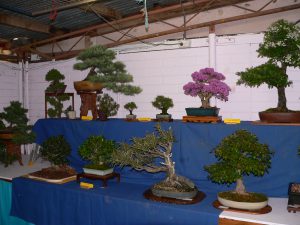
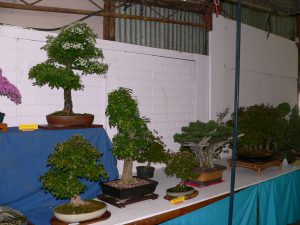
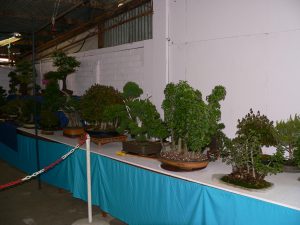
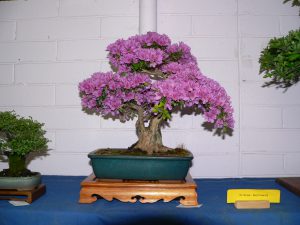
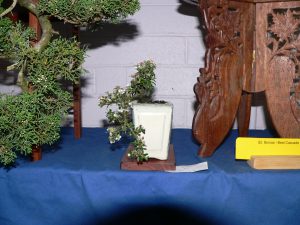
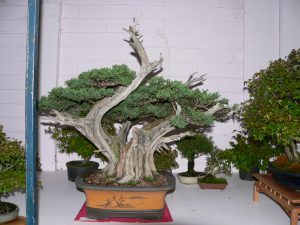
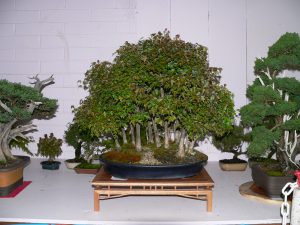
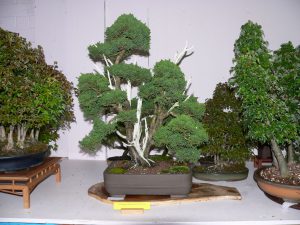
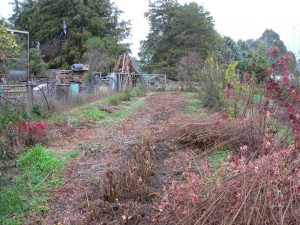
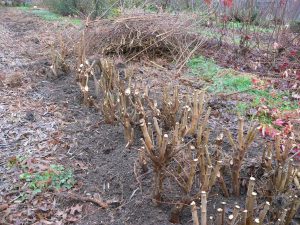
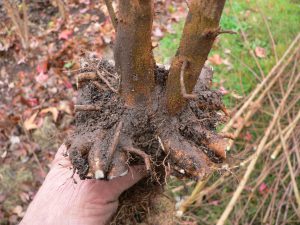 Some of you may have noted the evenly spread roots on the trident maples in the previous post. Those of you who have been following for a while or who have been back through earlier posts will already be aware that nebari like that is not just a coincidence.
Some of you may have noted the evenly spread roots on the trident maples in the previous post. Those of you who have been following for a while or who have been back through earlier posts will already be aware that nebari like that is not just a coincidence.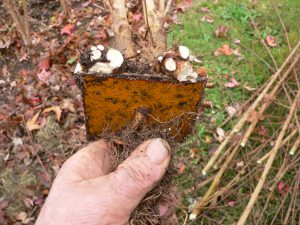 Here’s the same trident maple from below. The original trunk that was threaded through the hole in the aluminium plate is still visible and functioning. As it grows a little thicker, circulation will be further restricted and it will gradually die off but the new roots above the plate are now strong and healthy enough to support the tree.
Here’s the same trident maple from below. The original trunk that was threaded through the hole in the aluminium plate is still visible and functioning. As it grows a little thicker, circulation will be further restricted and it will gradually die off but the new roots above the plate are now strong and healthy enough to support the tree.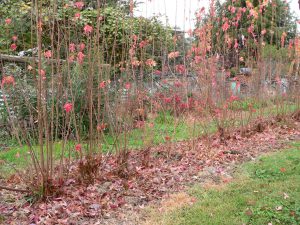 These trees have been in the bed for nearly one year. They’ve grown from 3 or 4 mm thick seedlings to this.
These trees have been in the bed for nearly one year. They’ve grown from 3 or 4 mm thick seedlings to this.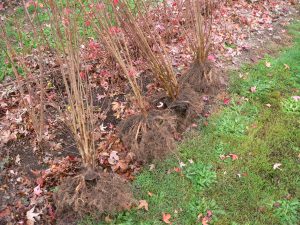
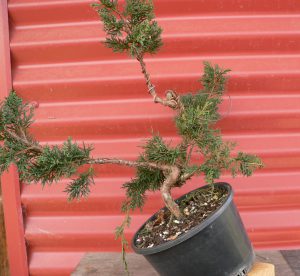 The recent workshop with Joe Morgan-Payler has re-inspired me to keep developing these small, contorted junipers.
The recent workshop with Joe Morgan-Payler has re-inspired me to keep developing these small, contorted junipers.